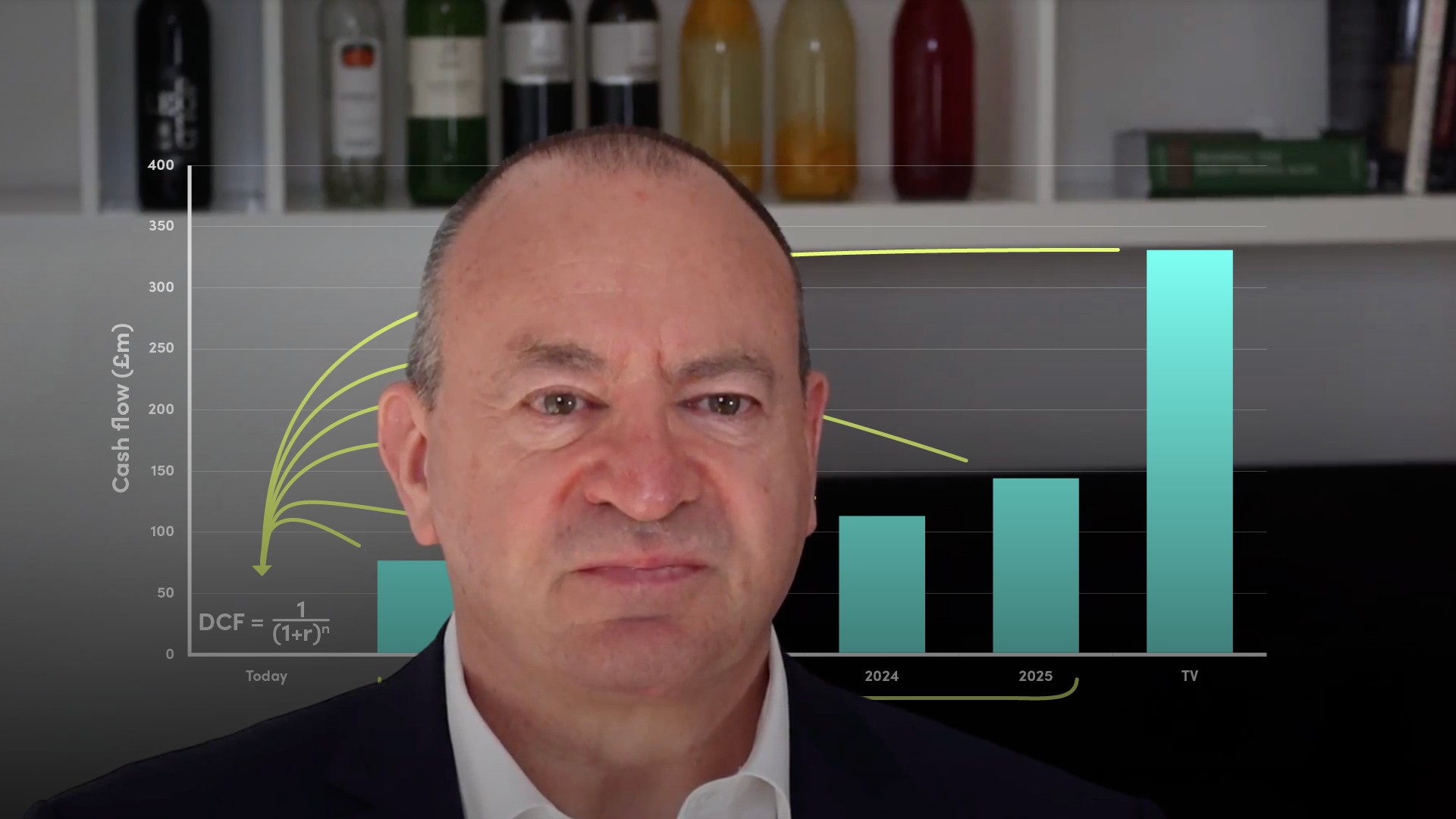
Private Equity Valuation Methodologies

Gavin Ryan
25 years: Private equity & banking
Valuation is a core component of every investment transaction and private equity is no different in this respect. In this video, Gavin discusses the methods of valuing buyouts, and growth and venture investments.
Valuation is a core component of every investment transaction and private equity is no different in this respect. In this video, Gavin discusses the methods of valuing buyouts, and growth and venture investments.

Private Equity Valuation Methodologies
10 mins 9 secs
Key learning objectives:
Valuing buyouts
Valuing growth and venture
Dealing with different financial instruments
Overview:
Private equity investment is based upon a strategy which results in an exit from the investment after three to seven years and this will impact the valuation approach. The second reason the valuation approach of private equity will be specific is that in venture and growth, most of the companies may not be profitable or have positive cash flow at the time the investment is made, which makes valuation difficult using straightforward textbook methods. In buyouts on the other hand, there will most likely be cashflow, but the effect of a leveraged transaction may have to be taken into effect in the valuation.
How are buyout investments valued?
In the case of a buyout investment involving a larger, more mature company, the company will have profits and cash flows, and in addition, the private equity investment may not go into the company but be used to purchase shares from existing shareholders. In such a case, it is likely that the company can be valued using what we can call a “classical” approach.
In the case of a leveraged transaction, an LBO, instead of new equity going into the company, we will have the situation whereby a good part of the company’s existing equity will be replaced by debt. This aspect will therefore need to be taken into account.
How are growth and venture investments valued?
In this case we need to find out the valuation at the present time, but we do that by travelling to the future and then coming back again. We construct a set of financial forecasts which incorporate the investment the fund will make into the company. We go to the future year at the point which we expect to sell the company and exit our investment. We value the company at that point in time using company metrics of that year, to which we apply a multiple we derive from comparable companies today. This represents the proceeds we expect to receive at exit. We then discount this value back at the fund’s target return to obtain a Net Present Value.
What is the challenge of dealing with different financial instruments?
Private equity investment can take place using more complex financial instruments, such as preference shares with special features, or mezzanine debt. Some companies may have several classes of shares and apportioning the value of the whole company among these can be very challenging. Also, private equity deal structures may have complicating factors that impact valuation.

Gavin Ryan
There are no available Videos from "Gavin Ryan"

